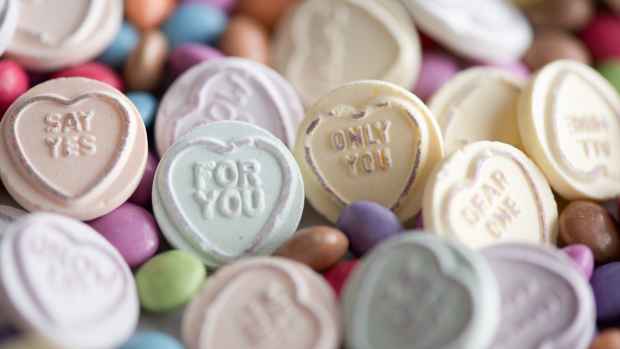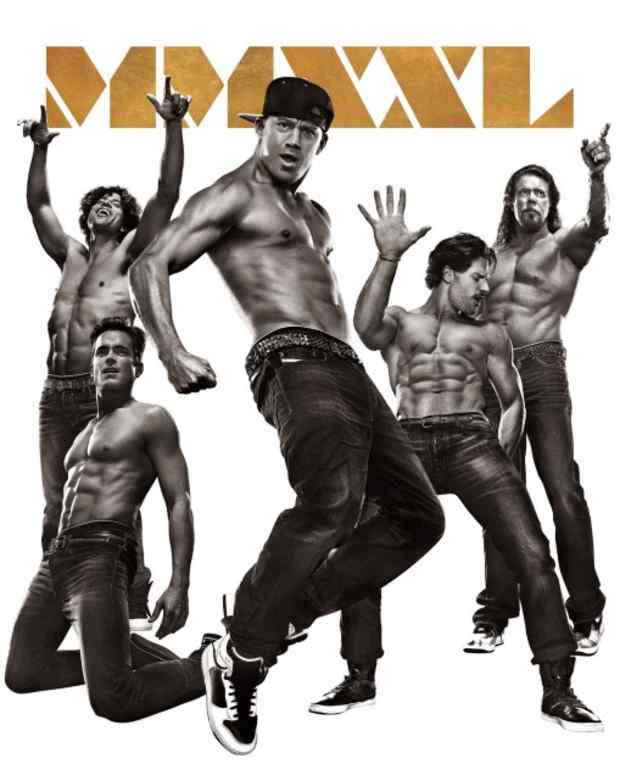Role of gods in the Iliad
Iliad Homer
Iliad is a term often attributed to Homer and in many instances called the song of Ilium as a poetic reference. The Iliad having been quite pronounced in the field of epic poetry gives an account of some of the activities, events, wars and battles of Achilleus the warrior and King Agamemnon. The Iliad also captures a decade siege of Ilium by the Greek states coalition within the setting of the Trojan War. It dwells more on the impending and constant quarrels that existed between the two aforementioned factions.
The Iliad has become very significant in mentioning many legends of the Greek on the siege even though it only covered a few fortnights of the final episode of the war (Sienkewiz, 2010). The play also covers the period within the ancient times of the eight century BC and portrays the significant role that was played by the gods or goddesses in wars. The Greek society placed much emphasis on the gods to the extent that the success of the warriors and kings alike during the wars depended much on the role played by the gods and goddesses thereof. The Olympic gods, goddesses and demigods played a major role in determining the success of human war fare as presented by the storyline.
The infamous Trojan War existed between the Trojans and the Greeks. It was occasioned by a two decade offense by Alexandros who was also the Trojan prince to the Greek King of Sparta also known as Menelaos. During this period, the populace had a strong connection to the gods and believed that all their actions, activities were already predestined by those gods (Fox, 2008). The extent of gods’ influences on the nature and characteristics of human beings in the way they think, act and believe was also captured in the epic revelation.
In context the gods and goddesses played a key role in determining winners during contests or wars between parties .The heroes in these wars were at the mercy of the gods who imposed their wraths to disobedient and disrespectful members. The importance of the gods was manifested within only fifty four days of the war which gave an account of the experiences and actions of the central character called Achilleus. Achilleus is believed to have been made a hero by the gods during the warfare that transpired between the gods and the kings. The gods determined the heroines and heroes of the wars as it were in the Greek society (Sienkewiz, 2010).
Within the contemporary society, it is interestingly captivating to explore the concept of gods especially in relation to the behavior, characteristics, emotions and the general relationships with man. This concept further provides a fascination to man given the fact the times and periods of the lives of human beings consist of beliefs that are monotheistic in nature which then in turn prevails and dominates the societies as depicted in the spheres of mythology. As regards the foregoing, the Iliad present a perfect case scenario of the domination by the gods in the ancient society and the relative significance of such gods in the daily existence of the people.
As witnessed in the ancient epic poem, there is a great connection between the gods and the Iliad and that there is a great deal of account between homer’s Iliad and the gods. The major characters in the Iliad had massive tidings with the gods and that there would be total emptiness in the epic story if the concept of the gods were missing. To this end it can be said that the role of the gods in the Iliad is absolutely significant in the sense that they determine character representation within the epic story (OracleThinkQuest, 2010).
As far as the Iliad is concerned there are two major characters that have been used to portray the relationship between the gods and the people and they include Homer and Achilleus. The epic poem shows the kind of conversation that the characters, Achilleus and Homer have with the gods. In the first instance Homer is witnessed as summoning the poetry goddess so as to sing out the anger of Achilleus. In summoning the goddess of poetry, Homer tells the goddess to sing the anger of the son of Peleus that has resulted into myriad problems, devastations and ills on the Achaean population (Fox,2008).As a contrasting response to the call made by Homer to the goddess of poetry, Achilleus becomes angry with Homer and answers back swiftly. In his answer, Achilleus states that he has been baulked by Far Darter who is considered as the most malicious god of all. He further cries out that the malicious god has drawn him away from the wall, has robbed him of the great glory and finally saving the Trojans. Achilleus continues to say that Far Darter the malicious god saving the did not fear anything thereby saving the Trojans at no risk to the gods and that he would have had his revenge on the gods if it were within his powers to do so as Achilleus .
The characterization of Homer and Achilleus in the Iliad shows different and conflicting approaches in the manner in which the two communicate with the gods. Homer for example confidently invokes the poetry goddess and asks her to sing out the anger of Achilleus. However in a contrasting fashion Achilleus shows an open dissatisfaction and anger to the goddess and portrays the gods as not in his favor especially in relation to the fact that the gods saved the Trojans during the war with the Greeks .The importance of the gods is also visible in the way the members of the ancient community often turned to god for blessings and solace and to enable them to win wars and avenge their enemies. It is true to insinuate that each and every person according to the song of the Ilium was conversant of the authorities and powers that the gods possessed and that their wishes during battles, wars, events and activities could be granted by the gods and would protect them against their perennial enemies and rivals (OracleThinkQuest,2010).
The Iliad also showed that the gods played a great deal in helping those who invoked their names when they were in need. For example When King Agamemnon intimidated and threatened the Old Man, he prayed to Apollo the god of the silver bow to help him since he had no other way but to obey the orders and intimidations of King Agamemnon. In his prayer the Old Man told the god of the silver bow to let the arrows avenge his tears upon the Danaans .The gods then answered the Old Man’s prayers since he humbled himself which portrays a complete opposite to the way in which Achilleus communicated with the gods with great arrogance and disrespect. The Iliad further shows that if gods, goddesses and demigods were offered sacrifices and things that were pleasant to them, the populace believed that they could stop any prospective and impending wrath as a result (Fox, 2008 ). This means that if an individual, showed utmost humility to the gods they could still be saved from problems, tribulations and ills of the society especially during human warfare. According to the Iliad one cannot stop but notice the attachment that the people had with their gods and the profound belief that their actions had already been decided by the gods including successes and wraths that were witnessed in the society which came directly from the gods and goddesses (Fox, 2008).
The song of the Ilium which is also referred to as the Iliad is an epic poem that gives an account of the ancient interactions between the people and the gods and the impact that the gods had on their existence, activities, events and warfare. In the epic story of the Iliad, the role of the gods, goddesses and demigods is seen to be very significant in the characterization within the story (Mueller). The two main characters, Homer and Achilleus are depicted as communicating with gods in a contrasting fashion with the former seen to invoke the god of poetry and communicates well with her while the latter is disrespectful and not liked by the gods. The role of the gods in protecting the people is also clear in the Iliad and the people who are humble and do things that are pleasant to the gods do not receive the wraths of the god even if it was pre-intended. Finally the populace belied that the heroes, actions, events and characteristics are already predestined by the gods including but not limited to the cause and outcome of human warfare (Classics Technology Center, 2010).
Works Cited
Butler , Samuel. The Iliad accessed on 12th Dec 2010 from http://sparks.eserver.org/books/iliad.pdf
Classics Technology Center. Iliad accessed on 22nd Nov 2010 from http://ablemedia.com/ctcweb/netshots/homer.htm
Fox, Robin Lane. Travelling Heroes: Greeks and their myths in the epic age of Homer. Allen
Lane, 2008. Print.
OracleThinkQuest. Role of the “gods” in the Iliad, 14th Dec 2010 from http://library.thinkquest.org/19300/data/Iliad/gods.htm
Sienkewiz, Tom. The Gods in the Iliad accessed on 14th Dec 2010 from http://department.monm.edu/classics/courses/clas210/coursedocuments/epic/gods_in_the_iliad.htm
Comments
Larry Rankin from Oklahoma on July 10, 2015:
The Iliad is one of my favorites.



















